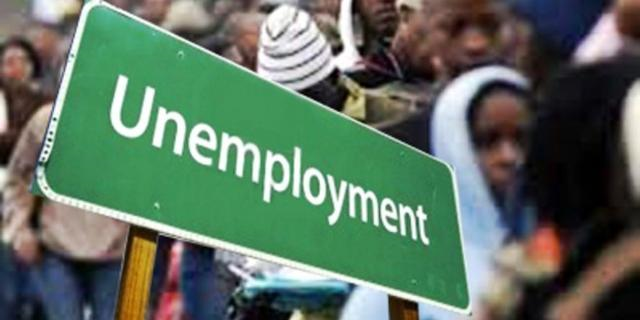CURRENT AFFAIRS UNIT, RADIO KWARA, ILORIN
PROGRAMME: NEWS COMMENTARY
DATE OF BROADCAST: 20/4/89 AT 1810 HOURS
WRITER: LANRE KAWU
At a recent forum organised by the African trade union movement on the Adjustment program, it was revealed that more than seven million working people have lost their jobs, in the wake of attempts by the various regimes to implement Structural Adjustment packages, at the behest of the International Monetary Fund. The unemployment crisis facing the African continent is certainly more serious, than the present figures presented by the trade unions. This is because Africa has never been a terrain where statistics are easily come by.
Nevertheless, the figures presented by the trade unions paint a very tragic picture of the development on our continent. In some sectors, such as construction, the per capita loss of jobs is even more staggering, as governments abandon the building of public works, in efforts to conserve funds to pay interests on foreign debts.
Africa’s unemployment situation is rooted in the structure of economies rooted in the colonial public services, that were traditionally the biggest employers of labour, and which, in the aftermath of independence were the core on the neo-welfare policies of the states. In these public services, schools and health centres were built, along with maintenance works. But the emergence of Structural Adjustment changed all that, with the IMF insisting on the sacking of millions of workers on the ground of inefficiency of the services. The governments concerned obliged, along with the freeze in employments.
Related to this, was the illusion, that jobs could be created in the private sector, with people trying out self-employment in the services sectors. The underdevelopment of the African private sector, was obviously ignored in these developments. Another fallout from the complex situation, is the abandonment of key industrial projects, such as the Ajaokuta steel industry in Nigeria, for example. These projects would normally have served as the catalysts of industrial development and would also have produced thousands of jobs for the young people of Africa.
Today Africa’s development is clearly in a cul-de-sac. Jobs in the public service are being seriously curtailed, self-employment is not making a headway while the population in need of employment is also growing. Our economies, developing on only 20 to 40 percent of foreign exchange earnings, are ship wrecked on islands of despair, poverty, alienation, decay and national and continental catastrophe. The remaining 60 to 80 percent of earnings, going to pay the interests on loans irresponsibly contracted in the 1970s, to quote the words of UNICEF. Most of these debts were contracted without the mandate of the working people.
In the meantime, Africa drags out exhaustively, the reputation of being the most backward continent on earth. This is inspite of being about the richest in minerals and other resources. As things go, it is not unemployment that would be a problem of the immediate future, but its related consequences, along with illiteracy. That scenario, of course, is the greatest breeding ground for obscurantism and mysticism. It is no surprise that while humans in other parts of the world are thinking about landing modules on neighbouring celestial bodies, in Africa, there are still talks about witchcraft, and the cracking of skulls over religious differences.
Clearly, the African economic crisis, which is at the root of the unemployment problem, must be tackled by the continent and its people. We can set about doing this, first of all, by seeing people as the subject and object of development. This calls for the enhanced role of the state in the planned development of Africa, with emphasis on the provision of jobs, as part of the wholesome effort to develop the continent’s productive forces.
In this age of the scientific and technological revolution, Africa’s working people must be developing our economies, not roaming the streets as pitiable loafers, in search of non-existent jobs, in weak and underdeveloped private sectors. Afterall, the past thirty years of independence have shown beyond doubt, that these private sectors have not been much more than glorified conduit pipes for the siphoning of funds beyond our borders.
Development in Africa, will mean the provision of jobs for the millions of unemployed and the underemployed. It is an idea that must be pursued along with the people. The regimes in the various countries must be advised that they sit on active volcanoes which could erupt without warning.


